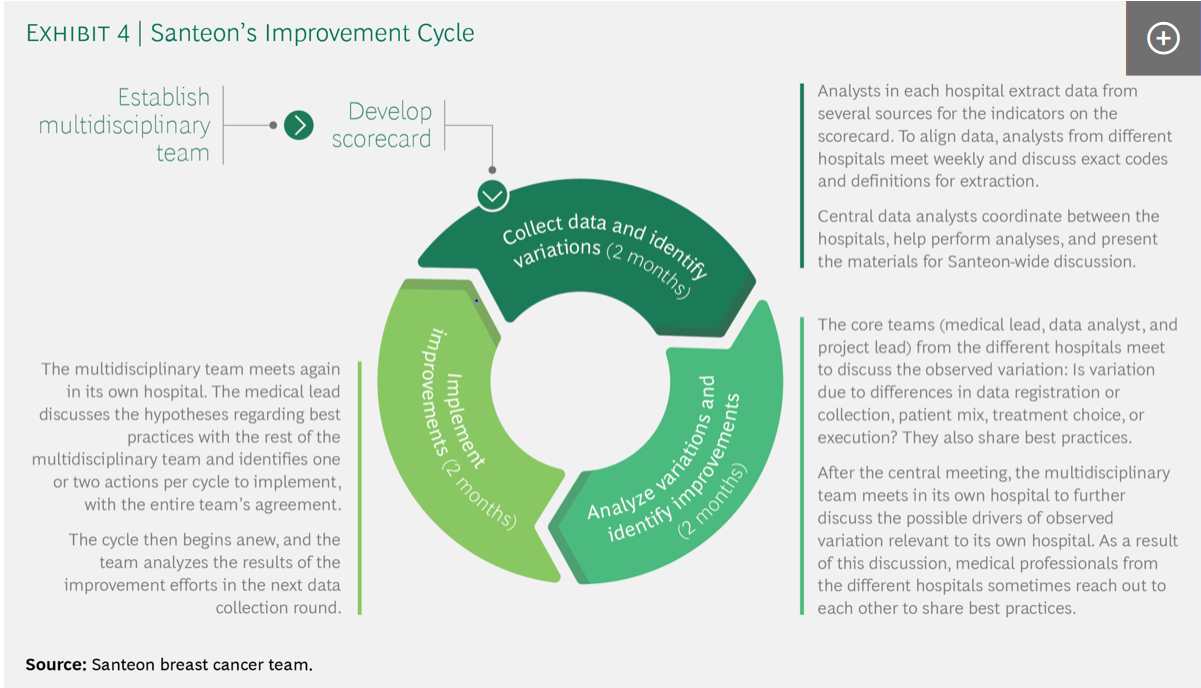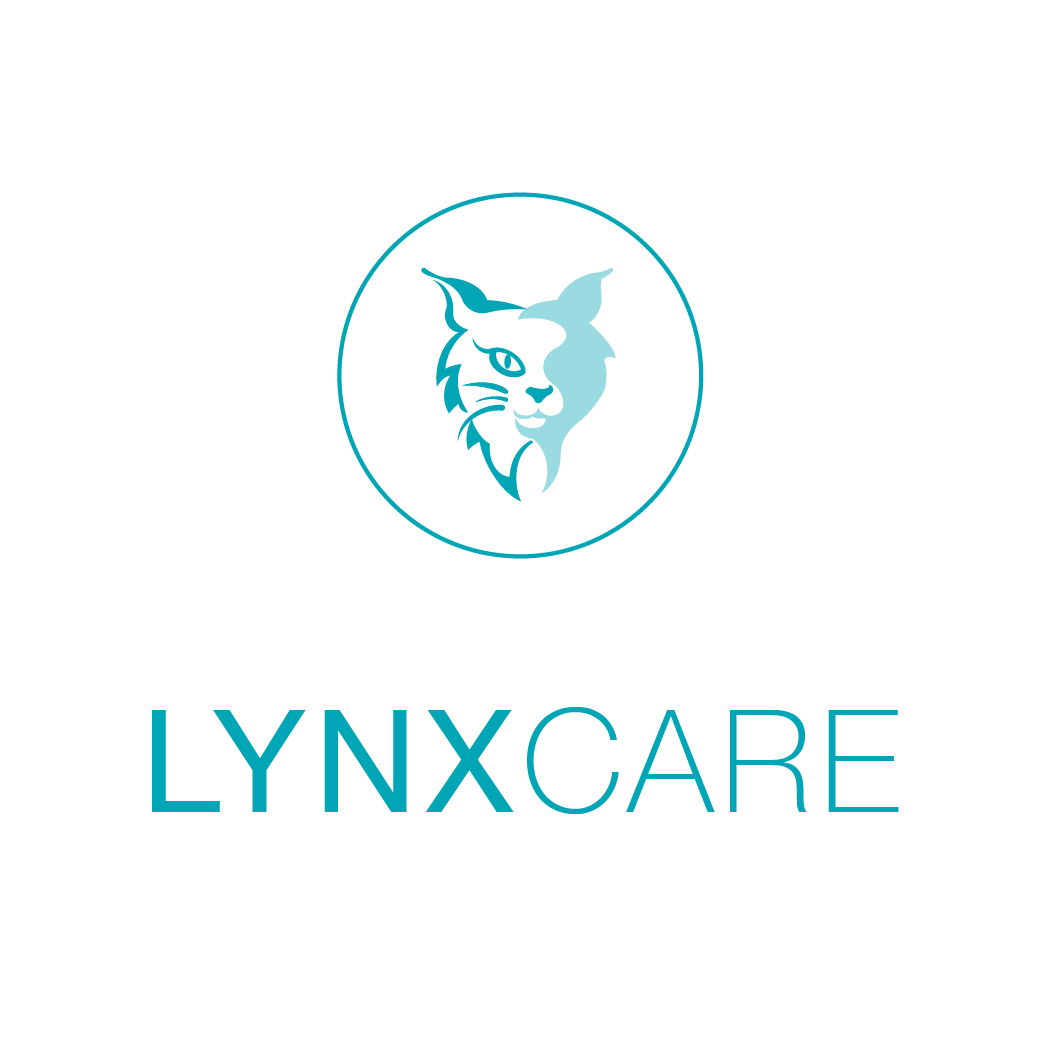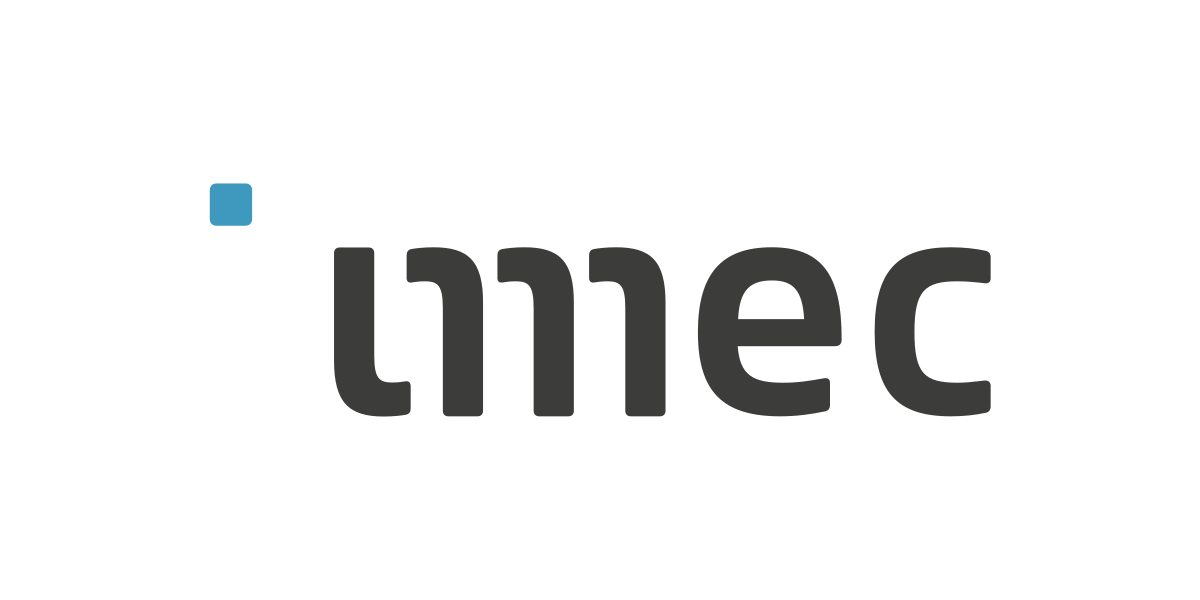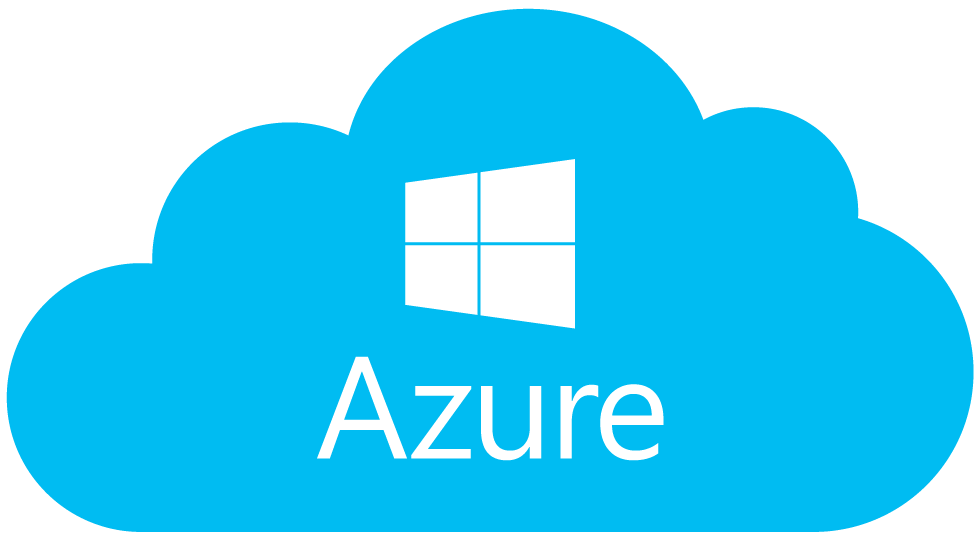From volume to value
The fee-for service approach -in which payments are based on the amount/volume of healthcare services- doesn't take into account quality of care or patient outcomes. In this payment model, there is no time for extensive outcome collection and hospitals aren’t rewarded for doing so. Fortunately, we are now slowly evolving towards value-based healthcare which is a delivery model in which hospitals and physicians are paid based on patient health outcomes. Under the value-based care agreements, providers are rewarded for collecting and improving outcomes. This shift has led to a more patient-centric approach as it collects outcome data that matter most to the patients.

Organizations like ICHOM play an important role in this shift. They organize global teams of physician leaders, outcome researchers and patient advocates to define Standard Sets of outcomes per medical condition to enable health care providers globally in order to compare, learn, and improve.
In the US, the Medicare Access and CHIP Reauthorization Act (MACRA, signed into law on April 16th, 2015) is financially incentivizing hospitals to collect and provide outcome data by reimbursing a smaller percentage if they don't do so (learn more about these quality payment programs).
Moving forward, technology, data and collaboration will be extremely important to make that shift:
- Stakeholders will need technology and data solutions to produce and synthesize insights across the delivery system, as MACRA will require organizations to use data to report on physicians’ performance, gain insight into what can be done differently, and determine how to improve performance.
- Collaboration models that share disparate data sources in ways that integrate and harmonize different data sets to make data actionable could enhance these insights.
Stakeholders
Various stakeholders need to be taken into account when starting collaborations. These stakeholders may need to be amenable to sharing information so that the industry as a whole can work collaboratively to help providers improve their performance.
- Pharmaceutical companies
- Medical device, supplies and equipment businesses
- Primary and Secondary Care Facilities (e.g. hospitals, nursing homes)
- Healthcare providers (e.g. doctors, nurses, pharmacists)
- Patients
- Payors/insurers
Main issues for healthcare providers
Currently, the healthcare providers or systems aren't prepared to make the shift from volume to value because of the following issues (learn more here):
- Many health systems lack standardization and operations processes for tracking information, and few have figured out how to aggregate all of the data in one place and analyze it to give clinicians actionable feedback they can use at the point of service.
- A lot of health systems rely on off-the-shelf care coordination platforms but these may not integrate with existing technology, creating inefficient workflow for clinical practices.
- Few health systems have the ability to identify all of the third-party data sources to which they have access. And, even if a provider has collected the data and combined it in one place, the organization still needs analytics talents and processes to track or improve performance under MACRA.
How to move forward?
As already mentioned above, technology, data and collaboration will be key.
- Health systems will need analytics platforms that enable data-sharing and aggregation, both internally and with third parties, which will help them track patients over time.
- Investing in collaboration platforms could enable physicians inside and outside of the health system to communicate with each other about patient care.
- Physician and care-providers will need to redesign workflow and processes to become patient-centric rather than provider-centric. They also may need to invest in the tools, mechanisms and technology necessary to better engage patients and enhance the patient experience.
International approach
In Europe, the Netherlands is taking the lead in implementing the value based healthcare approach (VBHC).
Santeon, a Dutch network of seven leading teaching hospitals implemented the value based healthcare (VBHC) approach and has achieved great first results: reductions of nearly 30% in unnecessary inpatient stays and up to 74% in the rate of reoperation due to complications in breast cancer patients .
How did they do it (learn more in this BCG paper):
- Use a multidisciplinary team to define the right metrics to improve outcomes.
- Share and learn internally, and then initiate a strict and simultaneous cadence of improvement cycles within the member hospitals.
- After a few internal cycles to validate and stabilize the process and data, share results externally to accelerate improvements.
- Engage with patients and payers to move toward value-based contracting.

As the quality payment programs (QPP) went into action on January 1st 2017 in the US, eligible physicians and healthcare providers will be required to participate successfully in one of the QPP tracks in order to avoid a negative payment adjustment in 2019. That's why US healthcare providers are looking more and more into data solution platforms to efficiently collect and submit the required data (on quality, outcomes, cost...).
How can LynxCare help make the shift?
LynxCare enables value-based care by providing an outcome data platform for hospitals as well as clinics and helps physicians to efficiently aggregate data around their procedures. Therefore, it accelerates the shift to volume based healthcare by:
- Aggregating and centralizing the data without interrupting workflow
- Providing clinical analytics and insights
- Enabling communication with third parties
- Engaging patients by providing them with better follow-ups
Both the Clinique de L'Europe network (in Belgium) and the US hospitals we work with, want to be outcome driven hospitals moving towards the value based healthcare approach.






